While the world’s attention has been focused on the combined efforts of Arab and U.S. forces attacking “Islamic State” (IS) positions in Iraq and Syria, there is unfolding in Lebanon, a third front in the war against this violent extremist group. This third front has received scant attention. Because Lebanon has been so overwhelmed by the fallout from Syria’s civil war, aggravating the country’s fragile sectarian balance, the threat of IS poses an existential challenge that must not be ignored.
Despite being the smallest of Syria’s neighbors, Lebanon is currently hosting 40 percent of Syria’s refugees. With a population of just under 4 million citizens, the presence of 1.2 million displaced Syrians means that nearly one in every four persons currently residing in Lebanon is a Syrian. This is causing severe stress on Lebanon’s resources and its social order. While the refugees are dispersed across the country in over 1,600 locations, some Lebanese towns have been completely overwhelmed by Syrians with the impact being felt in severe shortages in housing, medical services, water and electricity. Classrooms are overcrowded. And with the refugees willing to work for less pay, many Lebanese are now finding themselves priced out of the job market.
The international community has been generous in providing support to the refugee population — though far short of the needs that exist. But the host communities have not received adequate support to provide for Lebanese who have been negatively impacted by the surge of refugees. All of this has caused enormous stress country-wide.
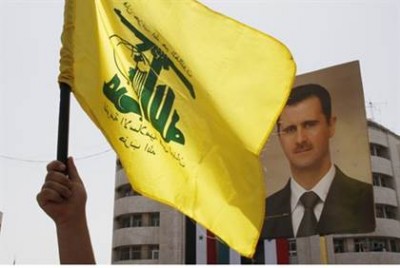 In June of 2012, all of Lebanon’s political groups agreed on a policy of “disassociation” — pledging not to become involved in Syria’s war. While individual Lebanese crossed the border to fight either for or against the Assad government, the first formal break in the “disassociation” policy came with Hizbollah’s entry into the Syrian war in 2013. While Hizbollah’s justifications for their action varied from protecting Shi’a holy places from being overrun by Sunni extremists to supporting their ally in Damascus, the net result was to aggravate Lebanon’s Sunni population thereby aggravating the country’s sectarian fissures.
In June of 2012, all of Lebanon’s political groups agreed on a policy of “disassociation” — pledging not to become involved in Syria’s war. While individual Lebanese crossed the border to fight either for or against the Assad government, the first formal break in the “disassociation” policy came with Hizbollah’s entry into the Syrian war in 2013. While Hizbollah’s justifications for their action varied from protecting Shi’a holy places from being overrun by Sunni extremists to supporting their ally in Damascus, the net result was to aggravate Lebanon’s Sunni population thereby aggravating the country’s sectarian fissures.
Over the past year, Lebanon has been on a low boil. There have been mass bombings in both Shi’a and Sunni neighborhoods and not a day goes by without reports of small scale, but still lethal, sectarian attacks.
The most dangerous situation, to date, is unfolding in Lebanon’s northeast — in the border town of Arsal. As a result of the Syrian war, Arsal’s Lebanese population of 35,000 swelled to over 100,000 souls. Preying off of the obvious discontent created by this untenable situation, a combined force of Jabhat al Nusra (the al Qaida affiliate) and the Islamic State in Iraq and the Levant (ISIL) overran Arsal in early August. A week later, the Lebanese Armed Forces (LAF) reestablished control, driving out the two militant groups. Losses were great — 19 LAF soldiers died in the battle, and 38 were captured. Since then, a terrifying and dangerous drama has unfolded, with the extremists threatening to behead the captives unless the LAF withdrew.
It is important to note that the LAF is held in high esteem among all sectors of Lebanese society. It is Lebanon’s one truly national institution with near equal portions of Sunni and Shia in uniform, joined by a substantial number of Christians. A recent poll showed that while the public gave extremely low single digit favorable ratings to their parliament and government, 70 percent gave a positive rating to their army.
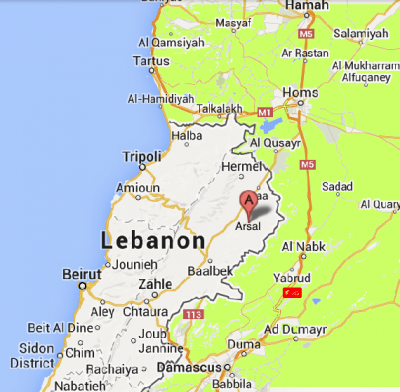 The extremists have ruthlessly exploited the captives calling the soldiers’ families telling them to pressure the LAF to withdraw from Arsal and then engaging in public executions of the soldiers, one at a time, to demonstrate their cruelty and resolve. Lebanese officials have decried this barbaric display and have complained that some elements of the Lebanese media have contributed to the extremists’ efforts by sensationalizing the parents’ appeals.
The extremists have ruthlessly exploited the captives calling the soldiers’ families telling them to pressure the LAF to withdraw from Arsal and then engaging in public executions of the soldiers, one at a time, to demonstrate their cruelty and resolve. Lebanese officials have decried this barbaric display and have complained that some elements of the Lebanese media have contributed to the extremists’ efforts by sensationalizing the parents’ appeals.
To date, three LAF have been executed, but the army and government have withstood the pressure and refused to surrender Arsal back to the control of the terrorist groups. As one Lebanese official recently put it, “the choice they are giving us is to trade 38 captives for the entire city of Arsal.”
Lebanon has signed on as a partner in the Arab and US coalition to combat the Islamic State. But they won’t be fighting in Syria or Iraq. They have their own front in this war. Their efforts need recognition and international support. The LAF requires advanced weaponry to fight more effectively. And Lebanon requires much more assistance to provide not only for the massive influx of refugees but for Lebanon’s host communities.
It would be a tragic if in the process of combating the IS presence in Iraq and Syria the world ignored Lebanon thus allowing IS to gain a foothold in that country or allowing the tactics of ISIL or Jabhat al Nusra to provoke tensions within Lebanon thereby sparking a sectarian civil war. The key to avoiding either outcome is to strengthen the LAF so that it can control the country’s borders and to demonstrate to the Lebanese people that the world is attentive to their plight.
James Zogby is the President of the Arab American Institute and author of ‘Arab Voices’
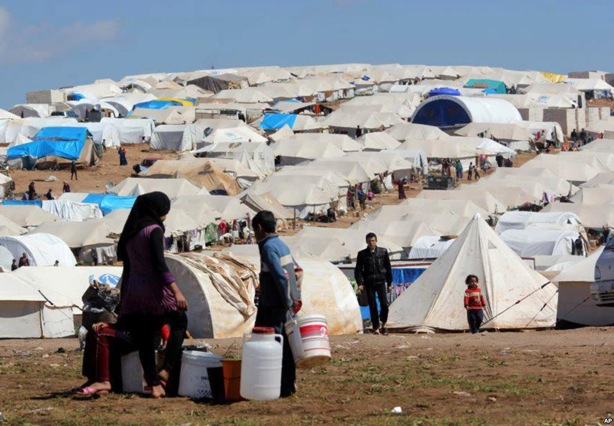
Huffington Post
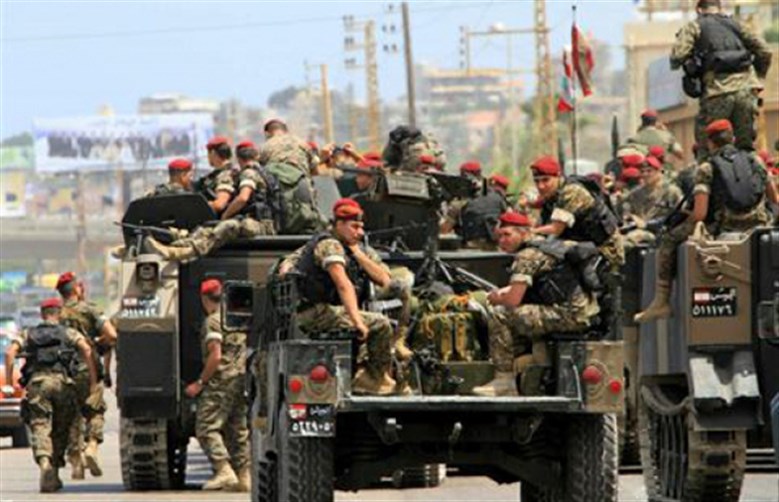
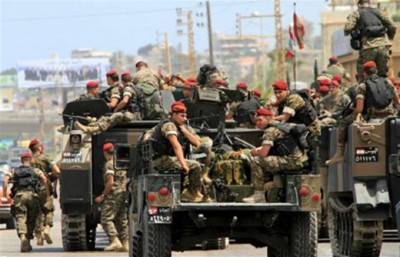

Leave a Reply
You must be logged in to post a comment.